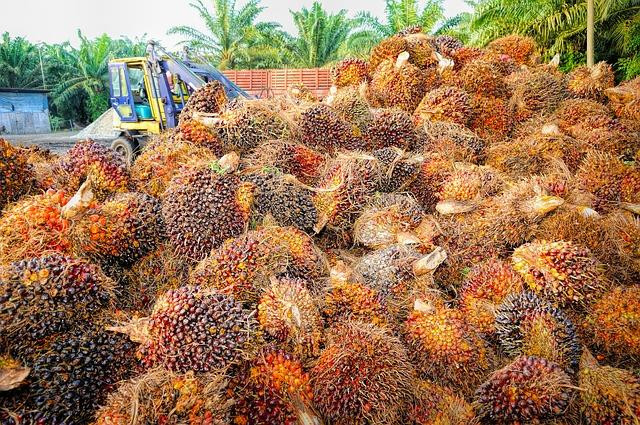The United States has prohibited the imports of palm oil from a Malaysian entity after an inquiry into accusations the company resorted to forced labor, the United States Customs authorities said.
U.S. Customs and Border Protection (CBP) said they will block the importation of palm oil and its byproducts from FGV Holdings and other firms from Malaysia in the latest action by the agency against international forced labor.
The CBP's Office of Trade approved the prohibition against FGV on Wednesday, saying it found hints of forced labor, including worries about minors and other child violations like physical and sexual abuse.
The U.S. move is seen to disrupt the palm oil market after the coronavirus outbreak forced restaurants to shutter, slowing consumption for cooking oil. Malaysia, the second-largest exporter of the product to the U.S., is also being hounded by a severe shortage in manpower after the virus impacted the aviation industry.
FGV Holdings vowed to clear its name after the U.S. decision, saying the company is "fully committed to respecting human rights and upholding labor standards," Aljazeera quoted FGV as saying in a statement.
According to CBP, the ban was the result of a year-long probe that revealed indications of forced labor like intimidation, deception, exploitation of the vulnerable, sexual abuse, and other violations. The ban would be immediately enforced, the CBP added.
CBP imposed a "Withhold Release Order" against FGV's palm oil products, allowing authorities to seize these products at U.S. ports and require importers to prove that they were manufactured without exploitation or any of the violations the agency has cited.
Malaysia is the second biggest producer of palm oil in the world. Along with Indonesia, the two nations control the global palm oil business, making 85 percent of the $65 billion market.
As of August this year, FGV employed almost 11,290 Indonesian personnel and 4,684 Indian workers who, as a whole, comprise most of the company's field headcount.






